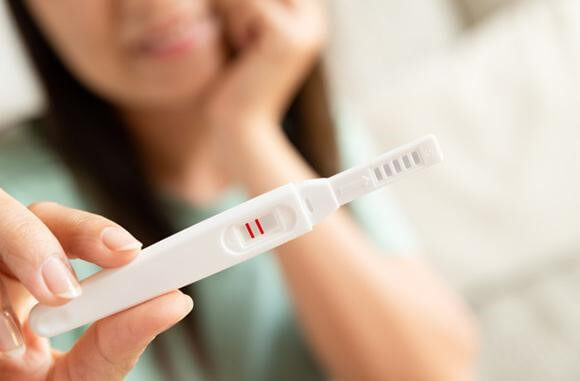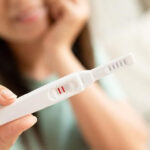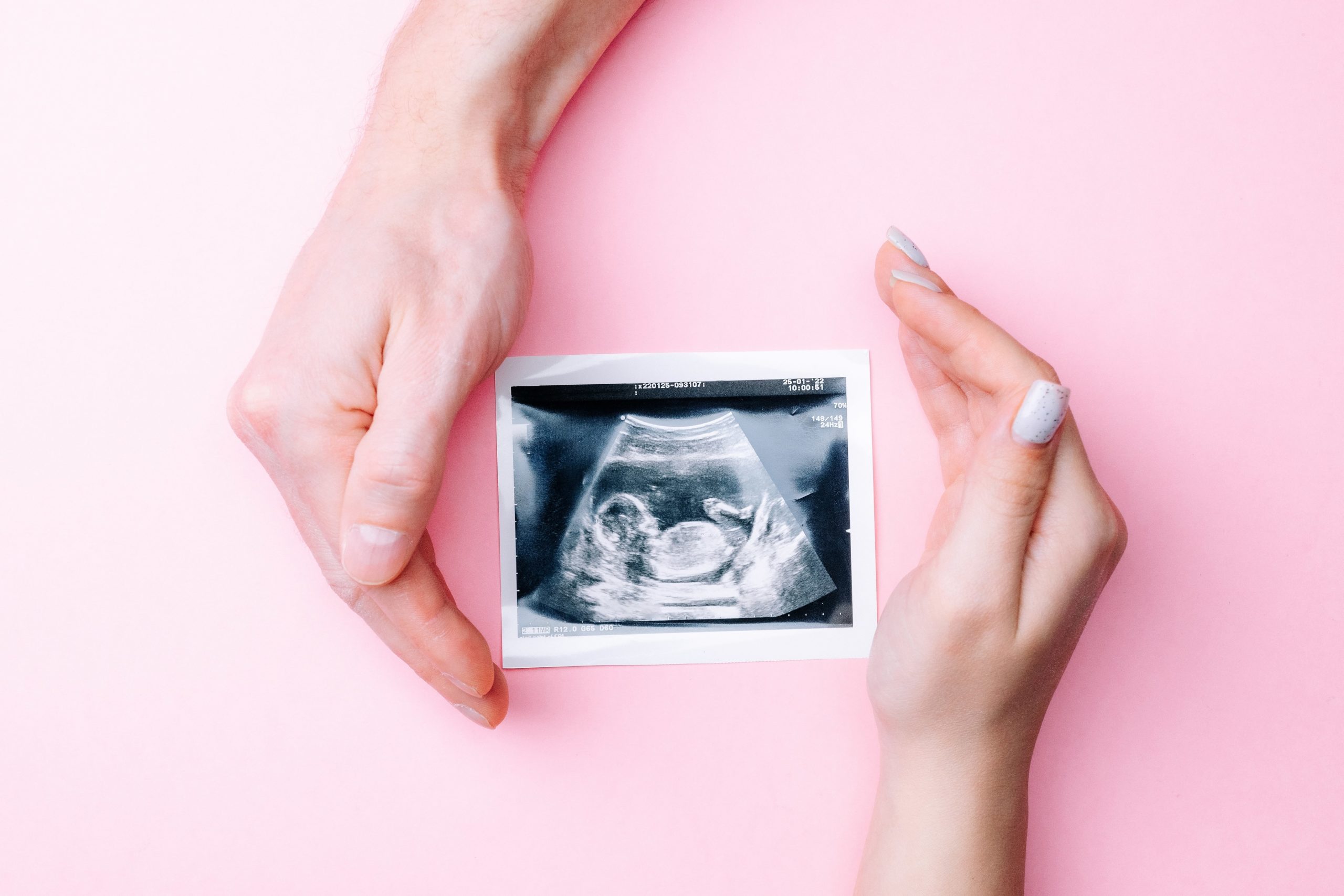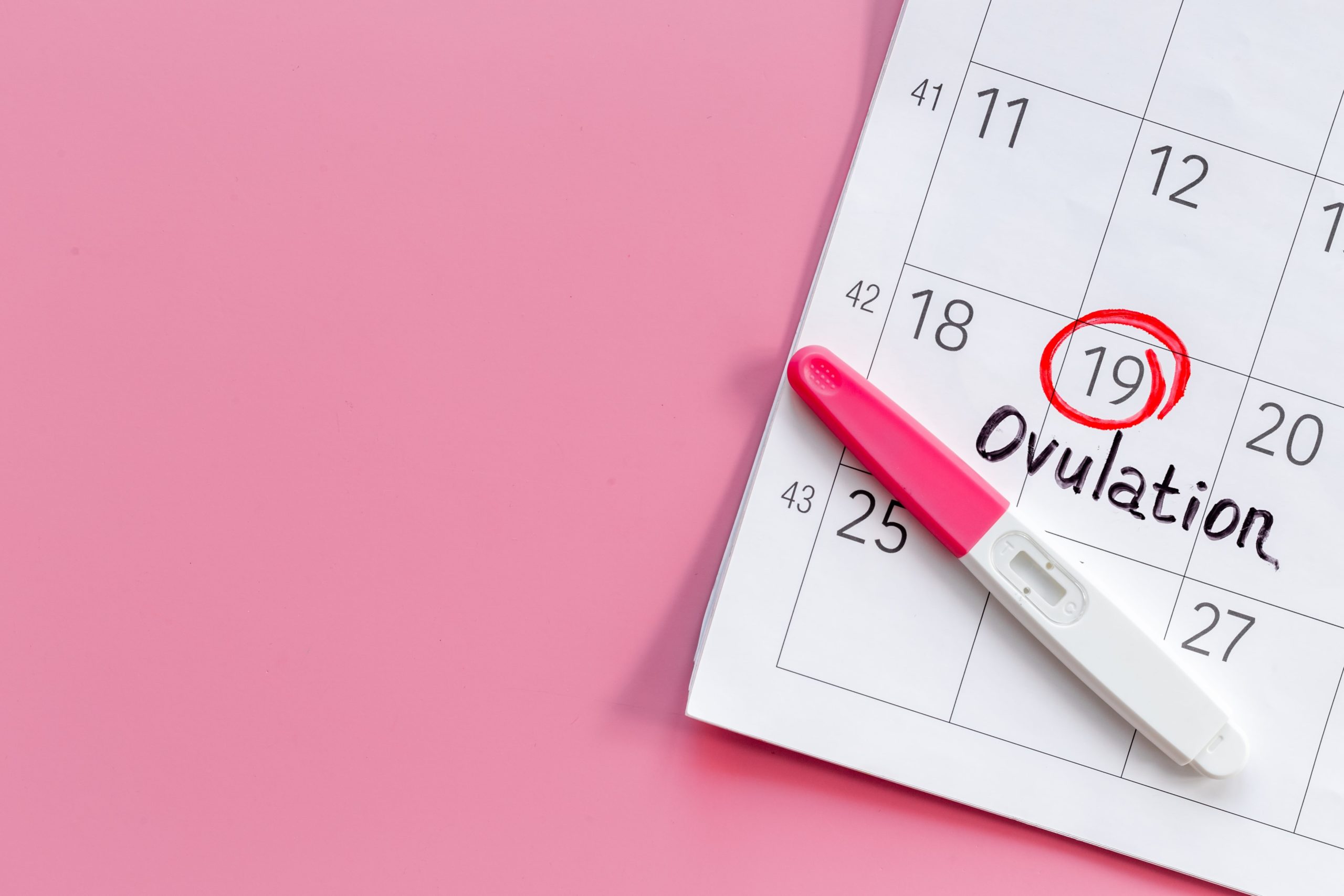We are distanced from many day-to-day habits. We are distancing ourselves from almost everyone around us. We no longer freely get along with anyone. That's right! The wave of COVID-19 left us all in shambles. The discomforts and plights are plaguing various walks of our life. Most of our answers are unclear due to the unknown levels of COVID-19 infectivity. The scientific literature on similar pandemics in the past may help discover the effects of COVID-19 in pregnancy. COVID 19 and pregnancy risks remains a regularly explorable subject in obstetrics and gynaecology.
How does COVID-19 affect pregnancy?
Pregnant womenmay be less likely to contract COVID-19. However, pregnancy is a phase that alters various mechanisms of the body. It modifies many systems of the body including the immune system. The way a body responds to a virulent strain of microbes including viruses may change. Therefore, alterations in the immune system may relate themselves to more complexities. The symptoms of COVID-19 in pregnancy can often become severe.
Some cases reported of COVID-19 pneumonia in pregnancy are less severe and show a good rate of recovery. Most pregnant women develop mild flulike symptoms if they contract COVID-19. A few cases involving chest pain that worsens day-by-day, however, may require immediate clinical attention. Here we explore the topic of COVID-19 and pregnancy risks in detail.
Effect of COVID-19 on foetal health
Concrete data is unavailable to cite the risk of miscarriage in the event of COVID-19 infection. The risk of miscarriage may increase in the second trimester. Foetal Growth Restriction (FGR) may be a possibility in COVID-19 infection. There's no concrete evidence that shows that COVID-19 exposure in pregnancy may pass on the infection to the unborn. Nine women in China were tested positive for COVID-19 infection. Their nine babies, however, went on to be tested negative for the virus. A case in London contradicted the previous scenario. A pregnant lady in London tested positive for COVID-19. Her baby tested positive for the virus too.
The healthcare providers assisting the events are unable to establish the mode of transmission. It's not clear whether the unborn falls victim to the virus in utero or shortly after he or she is born. Opinions worldwide vary as to what comes next after a pregnant lady contract the virus. A few opinions hold that the baby may not contract the virus during pregnancy. Nor may the baby fall prey to any developmental delays or defects. No persuasive evidence is available to establish a correlation between COVID-19 and its interferences in overall pregnancy.
Effects of COVID-19 in the first trimester
Studies denote that the infection of COVID-19 may not predispose the first trimester of pregnancy to early pregnancy loss. Data on pregnant women to test positive for COVID-19 in the first trimester is still unavailable. Some anecdotes suggest that the patients infected with high fever may raise the risk of birth defects or developmental defects. Evidence to demonstrate such impacts, however, is unavailable.
Coronavirus and pregnancy
No data suggests an increase in the risk of spontaneous abortion due to COVID-19. Evidence is still unavailable to prove the status of Coronavirus as teratogenic. The healthcare fraternity may need extensive data to demonstrate how coronavirus influences pregnancy. The infection of COVID-19 doesn't associate itself with the clinical end of pregnancy. However, pregnant women with COVID-19 may be at increased risk of severe COVID-19. It might be prevalent especially if those infected people hail from ethnic minority backgrounds. Pre-existent conditions like Diabetes, Blood Pressure and obesity may complicate the health of pregnant women with COVID-19.
What kinds of symptoms of COVID-19 may prevail in pregnant women?
Cough and fever may be the two most common symptoms of COVID-19 in pregnant women. In comparison with non-pregnant women in their fertility age, the pregnant and newly conceived women infected with COVID-19 may remain asymptomatic. Pregnancy during COVID 19 comes with dozens of medical responsibilities.
What are the risk factors that associate themselves with COVID-19 in pregnant women?
High body mass index is one of the most significant risk factors in pregnant women with COVID-19. Conditions that existed before their conception including diabetes and chronic hypertension may lead to developing severe symptoms of COVID-19. Studies even impute the severe symptoms of COVID-19 to advanced maternal age. Many studies warn that preeclampsia and gestational diabetes are two of the important risk factors that may occur in pregnant women.
No persuasive evidence exists to substantiate how these risk factors influence the outcomes of pregnancy with COVID-19. Women who have conceived should take care of themselves, specifically if they have pre-existent health conditions. Obstetricians should take the initiatives and educate pregnant women about risk factors and precautionary measures against them. There may be additional risk factors if you have a pregnancy-specific condition.
How should obstetric staff observe precautions during the pandemics like COVID-19?
- Medical facilities should generate substantial space and staff to help prevent the viruses like COVID-19 from going awry.
- Help pregnant women and new mothers to observe proper precautions and protocols.
- Staff members should use every safety protocol and follow the guidelines as they proceed to meet pregnant women at Maternity Unit.
- If a staff member finds that someone has COVID-19 or someone is a PUI, he/she should initiate the most suitable infection control techniques.
Precautions to observe by pregnant women
- Start practising social distancing from your home.
- Stay at least 2 meters or 6 feet away from others including your family members if they have a high risk of infection.
- Take vaccinations and immunize yourselves against COVID-19 or other opportunistic ailments.
- Take even flu vaccination if your obstetrician guides you.
- It may not protect you from COVID-19, but it will safeguard you from flu which may complicate your pregnancy.
- Use tissue each time you feel like sneezing or coughing or do so.
- Call your General Physician or obstetrician immediately if you encounter respiratory issues.
- Prefer video consultations over every other mode of clinical support.
How can I breastfeed if I am suspected to carry COVID-19?
- Sanitize yourself regularly as your immediate supervisor suggests.
- Make sure you are using the mask each time you are around your baby.
- Avoid sneezing or coughing while you carry your baby.
- Sterilize the breast pump as your immediate supervisor/attendant directs.



















No comment yet, add your voice below!